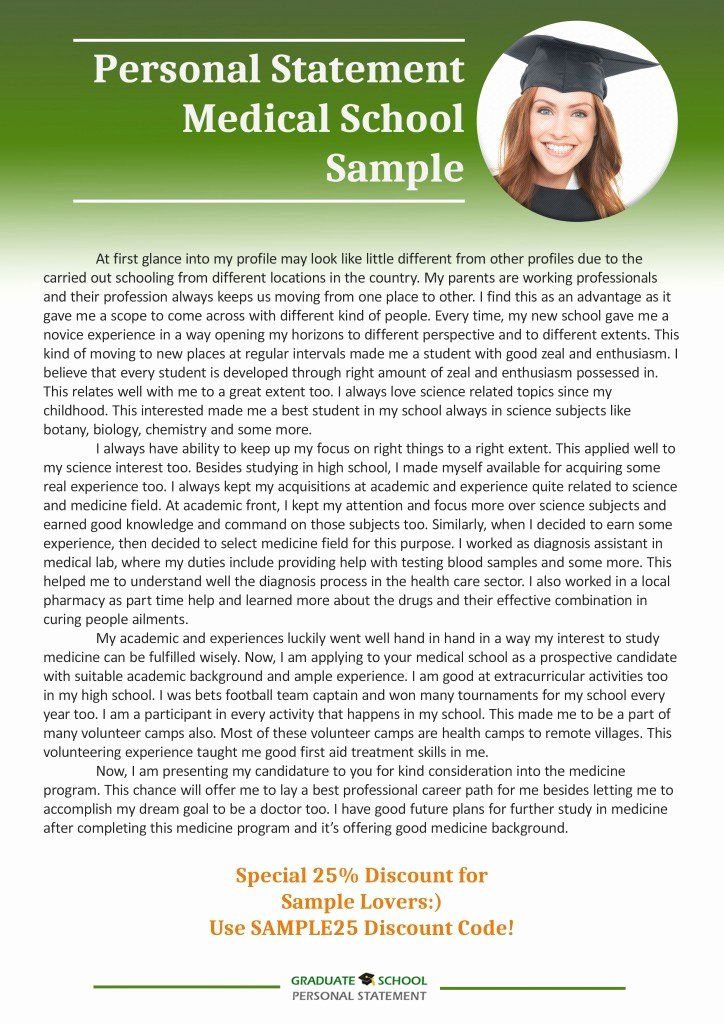Crafting a Winning Graduate Personal Statement: Top Examples

Your graduate school application is a crucial step in shaping your academic future, and the personal statement is your chance to shine. It’s not just about listing achievements; it’s about telling your unique story. Crafting a winning graduate personal statement requires careful thought, authenticity, and strategic planning. Below, we’ll explore top examples and actionable tips to help you stand out, whether you’re an informational-intent reader seeking guidance or a commercial-intent visitor looking for professional assistance.
Why Your Graduate Personal Statement Matters

Your personal statement is often the deciding factor for admissions committees. It showcases your personality, goals, and fit for the program. A well-crafted statement can elevate your application, while a generic one may get lost in the pile.
Key Elements of a Winning Personal Statement
- Clear Purpose: Define why you’re pursuing this degree and how it aligns with your career goals.
- Personal Story: Share experiences that shaped your academic or professional journey.
- Specific Examples: Use concrete achievements or challenges to demonstrate your skills.
- Program Fit: Highlight why this specific program is the best fit for you.
📌 Note: Avoid overly formal language; be genuine and let your voice shine through.
Top Examples of Graduate Personal Statements

Example 1: Engineering Program
“Growing up, I was fascinated by how bridges withstand immense pressure. This curiosity led me to pursue civil engineering. During my undergraduate years, I interned at a construction firm, where I optimized structural designs using advanced software. This experience solidified my passion for sustainable infrastructure. Your program’s focus on green engineering aligns perfectly with my goals.”
Why It Works:
- Specific Experience: Highlights hands-on work.
- Program Alignment: Shows research into the program.
- Career Vision: Connects personal interest to professional goals.
Example 2: Psychology Program
“After volunteering at a mental health clinic, I witnessed the transformative power of therapy. This inspired me to study clinical psychology. My research on adolescent anxiety not only honed my analytical skills but also deepened my empathy. Your program’s emphasis on evidence-based practice will equip me to make a meaningful impact in the field.”
Why It Works:
- Personal Motivation: Shares a compelling story.
- Skill Demonstration: Highlights research and empathy.
- Program Fit: Ties personal goals to program strengths.
📌 Note: Tailor each statement to the specific program; avoid generic statements.
Checklist for Crafting Your Personal Statement

- Start Early: Give yourself ample time to draft, revise, and edit.
- Research the Program: Mention specific courses, faculty, or resources that attract you.
- Be Concise: Stick to the word limit and avoid unnecessary details.
- Proofread: Check for grammar, spelling, and clarity.
- Seek Feedback: Ask mentors or peers to review your statement.
Final Thoughts

Your graduate personal statement is more than a formality—it’s your opportunity to connect with admissions committees on a personal level. By focusing on authenticity, specificity, and program alignment, you can create a statement that resonates. Whether you’re writing it yourself or seeking professional help, remember: this is your story, and it deserves to be told with confidence and clarity.
How long should a graduate personal statement be?
+Most programs require 500–1000 words, but always check the specific guidelines.
Can I reuse my undergraduate personal statement?
+No, graduate programs expect a more focused and mature statement tailored to their requirements.
Should I include personal challenges in my statement?
+Yes, if they’ve shaped your journey and demonstrate resilience or growth.
graduate personal statement tips,personal statement examples,graduate school application,admission essay writing,academic goals,program alignment,personal statement checklist



